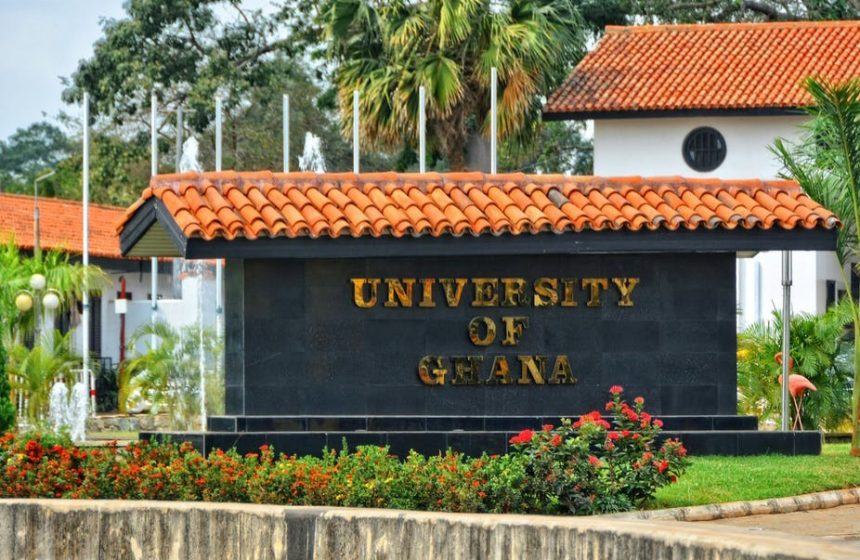The University of Ghana, in collaboration with University College London (UCL) and supported by UK Aid’s AT2030 programme, has successfully hosted the Tɛkyerɛmma Pa Hackathon.
The event aimed at using Artificial Intelligence (AI) to break communication barriers for individuals with speech impairments in Ghanaian languages held at the Great Hall of the University of Ghana.
The hackathon brought together a diverse group of participants, including computer scientists, engineers, speech therapists, and linguists. Their shared mission: to develop cutting-edge solutions using automatic speech recognition (ASR) and text-to-speech (TTS) technologies tailored to Ghanaian linguistic contexts.
Speaking at the event, Vice-Chancellor Professor Nana Aba Appiah Amfo expressed appreciation for the “devoted support of our partners and benefactors”, notably Google, GDI Hub, UCL, UK Aid, and the AT2030 programme, whose financial and technical contributions were instrumental to the success of the initiative.
Professor Amfo emphasized that the hackathon aligns with the university’s strategic priorities on engagement and partnerships. She noted the recent formalization of the university’s partnership with GDI Hub as a testament to its commitment to innovation for social good.
“These collaborations show how government, industry, academia, and young innovators can work together to drive meaningful change,” she said. “Together, we can ensure that the transformative ideas generated here continue to grow and benefit our communities, ensuring that everyone, regardless of ability, education, or ethnicity, can communicate effectively and participate fully in society.”
Representing the Ministry of Communications and Digitalisation, Hon. Sam Nartey George described the innovations showcased at the hackathon as more than technological tools.
“These solutions are not merely software,” he said. “They are restorative technologies restoring access, restoring dignity, and restoring participation for people who have too often been on the margins.”
–
Story by: Deborah Owusu | univers.ug.edu.gh
Edited by: Cindy Selasi Humade





